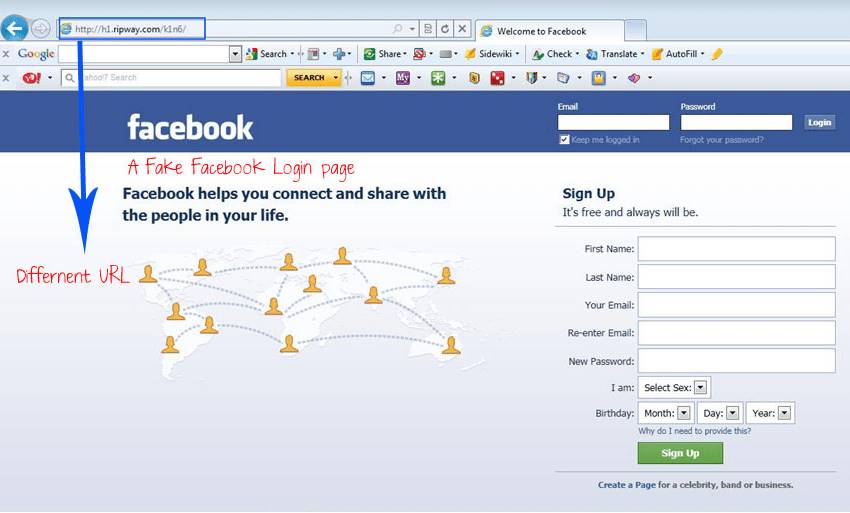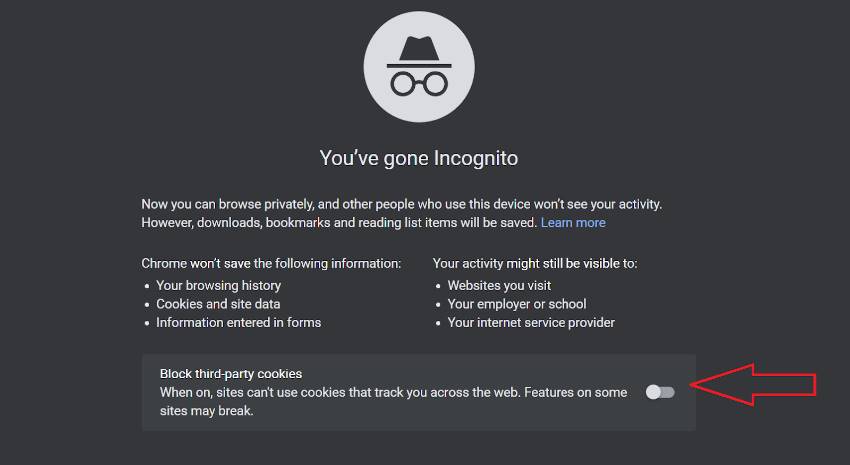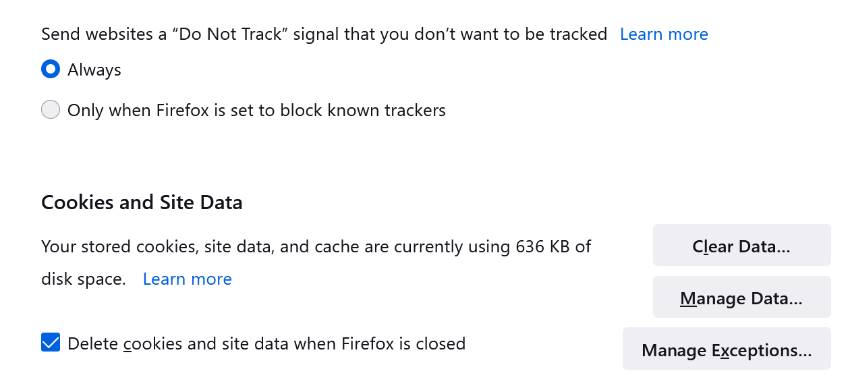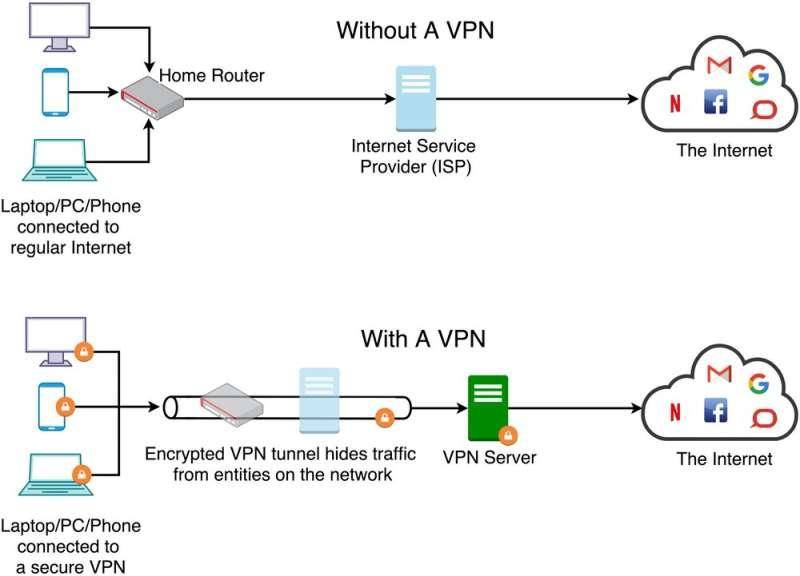We all know we should be careful about what we post online. But did you know that even your digital footprint—the collection of data points that represent who you are and what you do online—can put you at risk?
Hackers can use your digital footprint to compile a profile of you. So, if you're not careful about reducing your digital footprint, you could easily become the victim of identity theft or fraud. According to statistics, 96% of industry experts anticipate that the number of attacks will grow in the future.
Fortunately, you can implement strategies to reduce your digital footprint and improve your online safety. Here are those strategies:
These days, it seems like everything is connected to the internet. This means there are more opportunities for bad actors to access our personal information. So, before sharing anything online—whether on social media, email, or a website—ask yourself if you really need to share that information. Remember, once something is posted, it can be tricky (if not impossible) to remove it completely from the internet.
Also, be wary of emails or messages asking for personal information. Scammers can also create fake websites that look real to get your personal information. Always double-check before entering any sensitive information. See if there are grammatical issues or spelling mistakes on the site. Check out the URL, too.

The page above, for instance, looks legit. But check out the URL. It’s not your usual Facebook.com URL, right?
It’s best to input your website’s URL directly into the browser to reduce your chances of coming across these fake websites.
If you're worried about someone being able to snoop on your browsing habits, using incognito mode is an excellent way to secure your database and reduce your digital footprint.
Incognito mode allows you to browse the internet without having your browsing history saved. So, when you’re doing your research to develop your strategy for SaaS marketing or are searching for products to buy, cookies or other data that generally get stored on your computer will not be accessible. Additionally, any passwords will not be saved.
Switching to incognito mode is easy. Click on the three dots on Google Chrome’s top-right corner. Select the "New Incognito tab." A new window will open. You should see a message saying, "You've gone incognito."

Then turn on ‘’Block third-party cookies’’ under your browser's "Settings" or "Preferences" menu. That’s it!
Whenever you open an email, the sender gets some information about you. Over time, this can add up to a lot of data. So, if you're looking to reduce your digital footprint, a straightforward step is to unsubscribe from unwanted emails. This will declutter your inbox, making it easily manageable. It will also help protect your privacy.
Simply click on the unsubscribe link. Most companies include an unsubscribe link at the bottom of their emails so that you can opt out of future messages. Usually, the link is small and easy to miss.
It is vital to keep tabs on your privacy settings to reduce your digital footprint. When signing up for social media platforms or creating accounts for websites, use the privacy settings available. These settings will help control who has access to your personal information.
Whenever possible, adjust your privacy settings so that only people who know you can see your posts or messages. For example, on Facebook, you can only share posts with your "Friends" or make the post visible to the "Public."
Of course, even with these privacy measures in place, it's still best not to post anything online that you wouldn't want someone else to see.
Furthermore, manage your privacy settings in your browser. For example, as seen in the Firefox screenshot below, you may configure your browser so that it erases your cookies and site data when you close it.

Also, ensure your browser is up-to-date. Browsers are constantly being updated with new features and security enhancements. Keeping your browser up-to-date ensures you have the latest privacy enhancements and security features.
Each time you install an update, take a few minutes to review your privacy settings. Make sure that they still meet your needs.
The good news is there are tools you can use to ensure your online safety. You can complement your privacy practices with these tools for the best results.
For instance, make sure you use a VPN whenever you connect to public Wi-Fi networks. Public Wi-Fi networks are convenient, but they're also one of the easiest ways for bad actors to access your personal information.
A VPN encrypts the data sent between your device and the internet, making it much more difficult for anyone to intercept and misuse. Here is an illustration of how a VPN may protect you.

You can also use identity theft protection services to scan websites and databases, including the dark web, for possible leaks of your personal information, such as your social security number, driver's license number, medical identification number, and bank account number. The sooner you find out your personal information has been leaked, the sooner you can act to have it removed and ensure it isn’t used at your expense.
Reducing your digital footprint is an essential part of staying safe online. If you take measures to control what information about you is available online, you can help protect yourself from identity theft, fraud, and other cyber crimes.
So choose your privacy settings wisely, use incognito mode while browsing, and be thoughtful about what personal information you share online. Also, don’t forget to unsubscribe from unwanted emails. Use security tools, too.
Following these simple tips will go a long way towards keeping your personal information safe and secure.